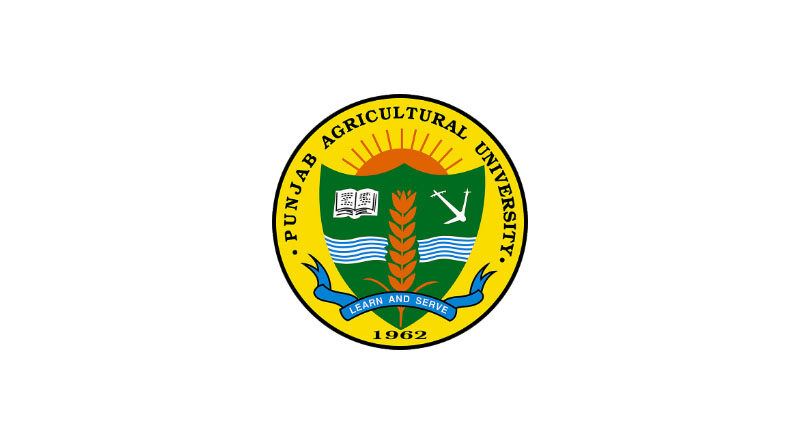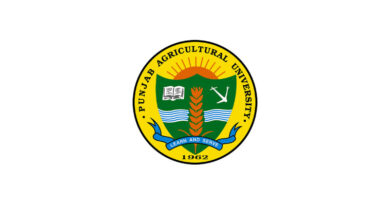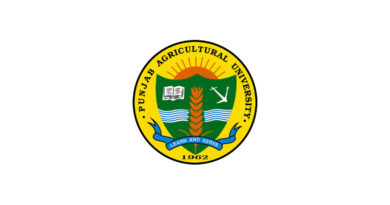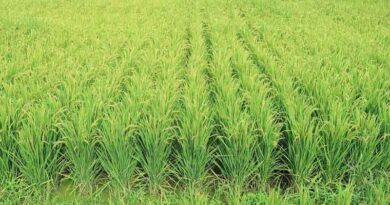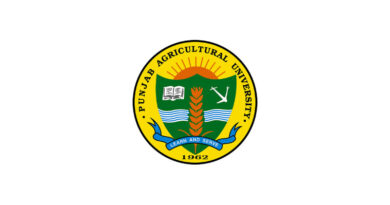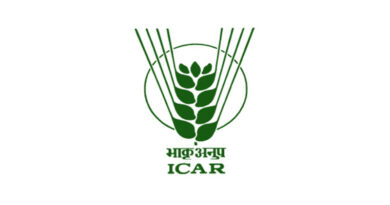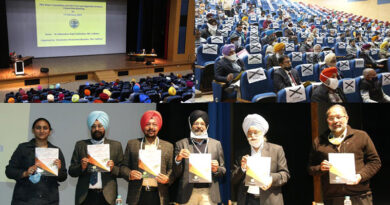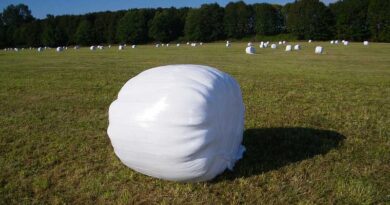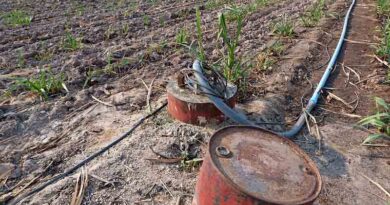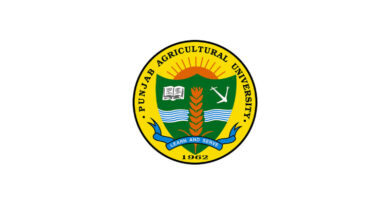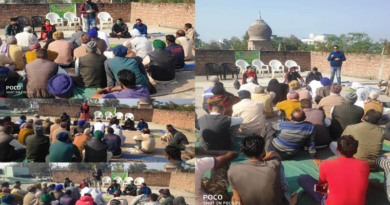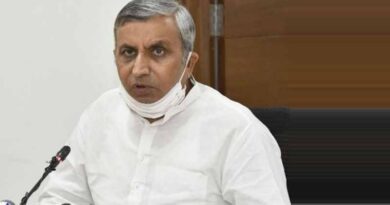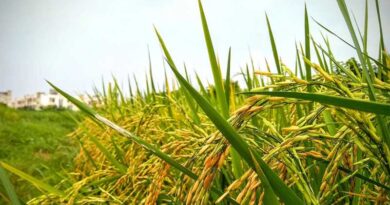PAU holds virtual kisan mela at Rauni (Patiala)
22 September 2021, Punjab: The Punjab Agricultural University’s virtual kisan mela at Krishi Vigyan Kendra (KVK), Rauni, Patiala, concluded successfully here today. While applauding the huge success of the virtual platform of kisan melas among farmers, Chief Guest and former PAU Vice Chancellor, Dr Baldev Singh Dhillon (Padam Shri awardee), in his address said that since the real success of technology lies in its acceptance by the farmers, the latter must adopt technologies and give feedback to steer future research in the right direction. He stressed on wise management of paddy stubble as the most critical challenge of the day. “The careless burning of paddy stubble over the years has resulted in steep rise in diseases of the respiratory tract leading to increasing medical bills”, he noted. Dr Dhillon appealed to the farmers to adopt all possible measures for conserving paddy stubble. He highlighted the need for social awareness towards this cause especially in the wake of requisite machinery required for the same. While congratulating the University for developing the variety suitable for sowing with happy seeder, Dr Dhillon emphasized on research of crop varieties in accordance with the niche areas. He further called on adopting subsidiary occupations by farmers, noting that the current income from these in Punjab is 9% while it is 24% for Haryana and 41% at the national level. Dr Dhillon stressed the need for trainings in processing and net profit for farmers. On the current outbreak of fall armyworm in maize and pink army worm in cotton, Dr Dhillon urged the farmers to be vigilant and report the incidence to PAU experts or scientists from the agriculture department. “Punjab has moved past the stigma of excess use of pesticides and chemicals and now we need to pay attention to water conservation and stubble management”, he stated. He congratulated the University for overcoming all challenges posed by the covid 19 pandemic in reaching out to the farmers.
Also Read: Syngenta launches new assurance program for guaranteed, season-long control of annual bluegrass weevils and more
Outlining the role of PAU in steering agricultural progress of the country, Mr. Aniruddh Tewari, Vice Chancellor PAU and Additional Chief Secretary, Agriculture spoke of how the bi annual kisan melas have facilitated the same. Owing to the outbreak of the pandemic, he applauded the University for being front runner in holding virtual melas and thus inspiring the others to follow suit. “Agriculture cannot wait”, said Mr Tewari and therefore the online platform has been used to its best possible limit in reaching out to the farming community. He stated that the long term government plans are focussed on crop diversification, going by the current climate patterns and soil health. While speaking about the new technology of smart seeder, he dwelled on the need to conserve water and shun stubble burning. He also informed about the setting up of gas plants that use paddy stubble. “It is our duty not only to leave the environment breathable for our future generations, the current pandemic too does not leave us with any chances to be careless with our respiratory system”, Mr Tewari warned. He also advised the farmers to use PAU recommended techniques for basmati so as to minimize any residual pesticides.
Speaking at the event, PAU Director of Research, Dr Navtej Singh Bains revealed that the university has developed more than 900 varieties, out of which 200 have been approved for release at the national level. He shared the new varieties, production and protection techniques and machinery with the farmers. New wheat varieties PBW-869, PBW-824 and new variety Barsim-44 along with new varieties of oats OL-15 and fodder varieties were mentioned along with new varieties of carrots in vegetables, Punjab Sarada in melons and PKH-11 in cucumbers. Apart from this Punjab Dek-1 and Punjab Dek-2 were stated in agro forestry. In agricultural machinery, Dr. Bains recommended the Smart Seeder which spreads some part of the straw in the ground and spreads the rest of the straw as mulch. In production techniques, there are recommendations on how to increase zinc in chickpeas.
Earlier, Additional Director of Extension Education, Dr GPS Sodhi while welcoming the chief guest, experts and farmers, expressed gratitude at the overwhelming response to the virtual kisa melas and the farmers’ faith in PAU recommendations. He wished for a bountiful harvest and pleaded that farmers use the mela to further their income and profit.
Later, Dr Vipan Rampal, Director, KVK, Rauni, proposed the vote of thanks.
The programme was coordinated by Additional Director of Communication, Dr Tejinder Singh Riar. He informed that the mela included two online technical sessions on subsidiary occupations and stubble management with the experts.

